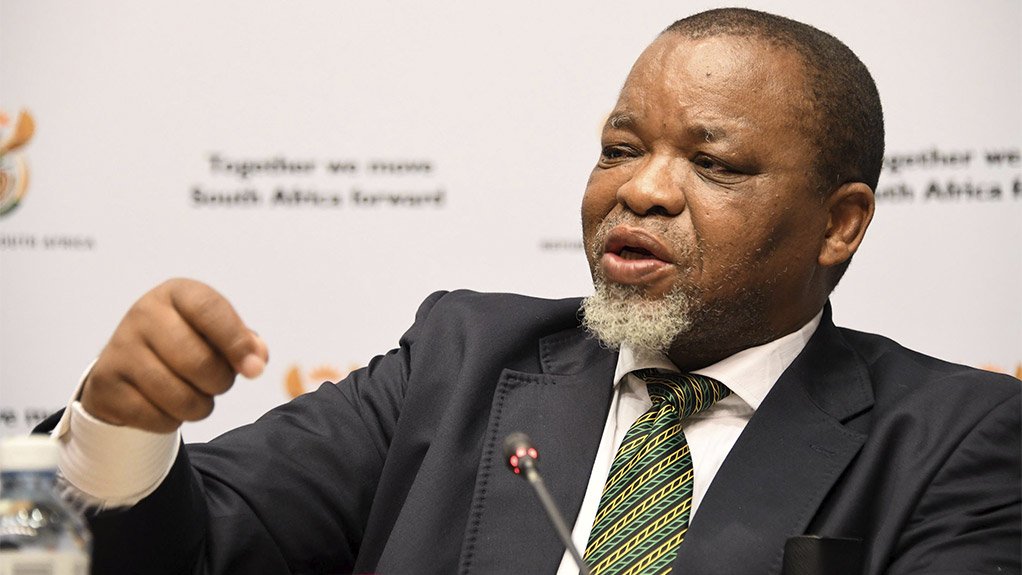Introduction
Gwede Mantashe, a prominent figure in South African politics, has played a pivotal role in shaping the country’s energy policies. As the Minister of Mineral Resources and Energy, his decisions significantly impact the nation’s approach to energy production and sustainability. With the country facing energy shortages and an urgent need for a transition to renewable energy sources, Mantashe’s leadership is increasingly relevant in addressing these pressing issues.
Recent Events and Developments
In recent months, Mantashe has been at the forefront of discussions surrounding energy reforms, especially following the ongoing challenges posed by Eskom, the state-owned power utility. Eskom’s load shedding has become a daily reality, causing significant economic ramifications and public discontent. In response, Mantashe has championed various initiatives designed to stabilize the grid and stimulate investment in renewable energy.
One of the notable developments was the announcement of new regulations aimed at encouraging private sector investment in energy generation. Mantashe stated that the government seeks to attract players in the renewable sector to reduce reliance on coal and enhance energy security. Furthermore, Mantashe’s recent engagements with international energy partners reflect a commitment to finding adaptive and innovative solutions for the energy crisis.
Challenges and Criticisms
However, Mantashe’s tenure is not without challenges. Critics argue that his commitment to coal energy conflicts with the urgent need for a clean energy transition, particularly given South Africa’s status as one of the largest coal producers in the world. Environmental activists have called for a faster move towards sustainable energy, urging that Mantashe prioritizes green technologies that can mitigate climate change.
In July 2023, a coalition of NGOs held a demonstration outside the Department of Mineral Resources and Energy to protest the slow pace of renewable policy implementation. They emphasized that while Mantashe’s role is crucial, the speed of transformation needs to accelerate to meet South Africa’s climate commitments.
Conclusion
As Gwede Mantashe continues his work in addressing South Africa’s energy crisis, his decisions will significantly influence the country’s future energy landscape. The balancing act between supporting established industries and advancing sustainable practices presents a formidable challenge. Stakeholders, including industry leaders, environmental groups, and the public, will closely monitor Mantashe’s strategies. Moving forward, his emphasis on integrating renewable energy sources will not only define his legacy but also shape the trajectory of South Africa’s energy security and environmental stewardship.
